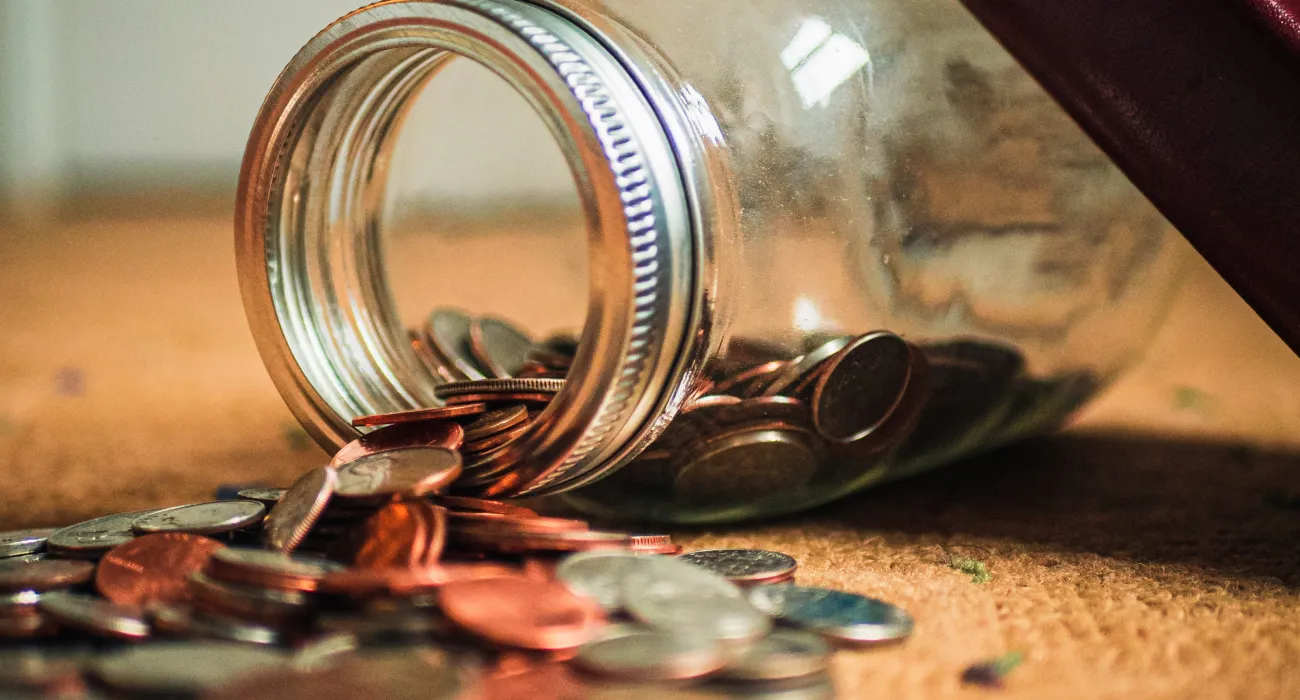It's no secret that life can be unpredictable. Unexpected expenses can crop up at any time, and if you're not prepared, they can throw you for a loop. That's why it's so important to have an emergency fund in place.
If you don't have one already, don't worry -
building an emergency fund is easier than you might think. If you're currently
experiencing an emergency and don't have a fund to pull from, there are emergency personal loans that can tide you
over until you have access to other funding.
In this guide, we'll show you exactly how to create a 6-month emergency fund.
First things first: what is an emergency fund? An emergency fund is a savings account that you set aside specifically for unexpected expenses. It's there to help you cover unexpected costs if something comes up - like a car repair, medical bill, or job loss.
The emergency fund should ideally cover 3-6 months of living expenses. That may seem like a lot, but it's important to have a cushion in case of an emergency.
Building up your emergency fund may seem like
a daunting task, but it doesn't have to be.
Here are a few tips to get you started:
1. Start small
If you're just starting, don't feel like you need to save up months of living expenses overnight. Start with a goal of $500-$1000, and then build from there.
2. Automate your savings
One of the best ways to make sure you stick to your savings goals is to automate them. Set up a separate account for your emergency fund, and then set up automatic transfers from your checking account to your savings account. That way, you'll never even see the money - it will just go straight into savings.
3. Live below your means
One of the best ways to save money is to simply spend less than you earn. Take a close look at your budget and see where you can cut back on expenses. Then, use that extra money to boost your emergency fund savings.
4. Get creative with your income
If you're struggling to make ends meet, it might be time to get creative with your income. There are several ways to bring in extra cash, from picking up a part-time job to selling items you no longer need. Whatever you do, make sure that any extra money you bring in goes straight into your emergency fund.
5. Stay disciplined
The key to success with your emergency fund is to stay disciplined. When unexpected expenses come up, resist the temptation to dip into your savings. Once you've built up your emergency fund, it's there to be used in case of an emergency - not for everyday expenses.
Following these tips will help you build up your emergency fund in no time. So don't wait - start saving today!
